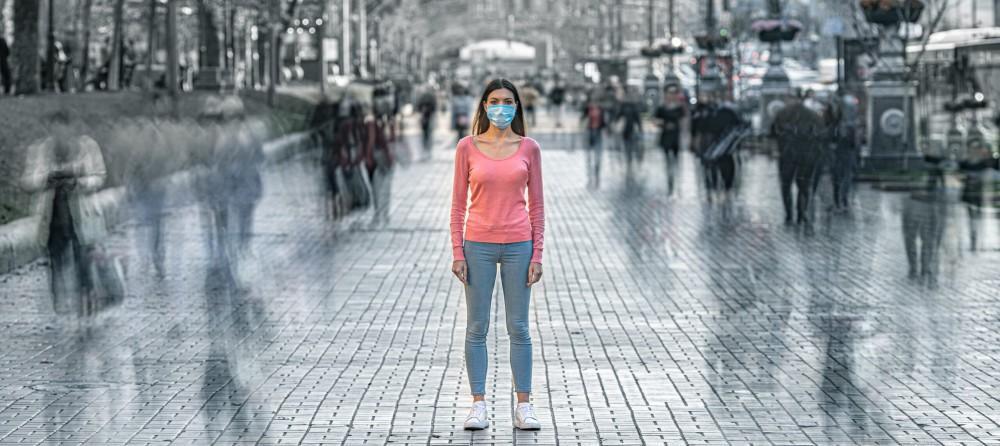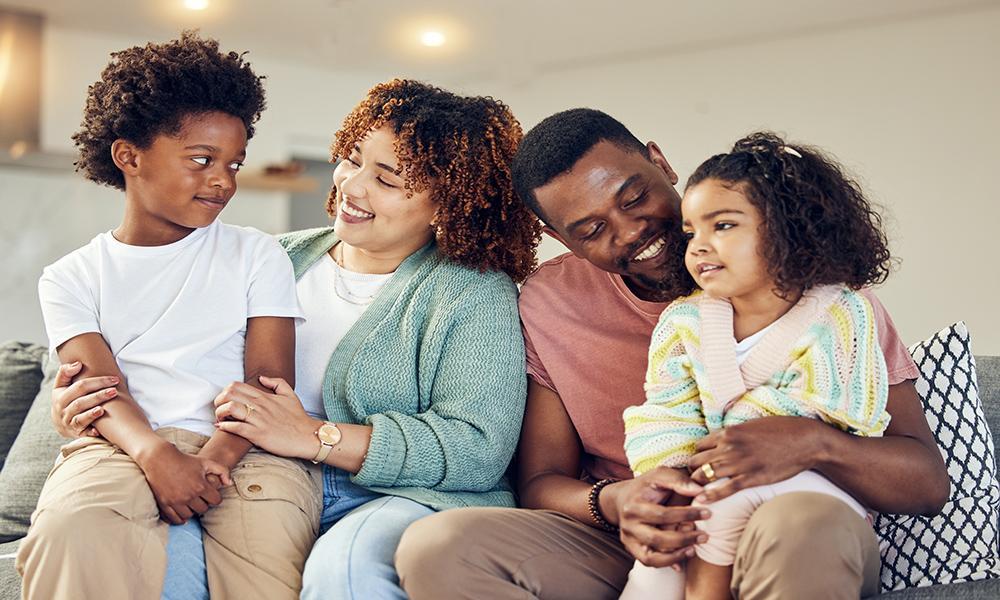As we start to emerge from the isolation of the pandemic, the term collective trauma is being used quite a bit to describe what we’ve all been going through. The is the first time in my memory that the term is being used so widely outside of psychotherapeutic circles and we’re being asked what it means and what it can tell us.
Collective trauma refers to the psychological reactions to a traumatic event that affect an entire society; it does not merely reflect a historical fact, the recollection of a terrible event that happened to a group of people. It suggests that the tragedy is represented in the collective memory of the group, and like all forms of memory it comprises not only a reproduction of the events but also an ongoing reconstruction of the trauma in an attempt to make sense of it.
Collective trauma differs from individual trauma as it is recollected in the memory of the group and creates a process of ongoing reconstruction and reproduction of the memory in order to make sense of it.
Well-known collective traumas include The Holocaust, Slavery in the United States, the Atomic bombings of Hiroshima and Nagasaki, Genocide of Indigenous Communities, the Attack on Pearl Harbor, the September 11, 2001 attacks in the United States, and too many others.
The COVID-19 global pandemic is not the first event to be shared by the entire world, but in this age of technology and social connection when information travels the earth at lightning speed, we are all living the full impact of this collective experience, in real-time. The daily “losses” we’ve all experienced and the countless individual tragedies of the virus come together in a cumulative and mutual loss to which few of us are immune.
The whole truth is that some of us will be more affected than others by the stressors covid-19 has placed on our daily lives and that of our communities. We won’t really know for years to come to the totality of the physical and psychological effects we’ve endured. That said, we can take notes from survivors of previous events to get a sense of what we can do to mitigate any negative effects.
Aspects of the COVID-19 pandemic can contribute to both individual and collective trauma. In a rapid review published in a 2020 issue of The Lancet, researchers found that isolation and quarantine contributed to a number of negative psychological effects including panic, depression, hopelessness, anxiety, stress, grief, confusion, anger, and even PTSD.
Research on past pandemics including earlier SARS and Ebola outbreaks provides some clues into the potential long-term collective impact of the COVID-19 pandemic. Commonly observed reactions include panic, depression, hopelessness, anxiety, stress, grief, and PTSD.
Some steps that you can take that may help manage collective trauma include:
Limit Media Exposure
Research on the aftereffects of 9/11 found that people who reported watching more television coverage of the attack experienced greater negative psychological effects. People who watched four to seven hours a day of news coverage of the attack were four times as likely to report PTSD-like symptoms.
Stay Connected with Others
Even if working from home requires limiting your face-to-face contact with other people, it is important to maintain your social connections. Thanks to technology, it’s possible to get creative and continue meeting friends, family, co-workers, and others virtually.
Rely on Trustworthy Information
People experience greater stress and panic if they are not able to accurately and realistically gauge the risk of a threat. While emotions can sometimes cloud judgment, particularly in stressful situations, research suggests that people are pretty good at making accurate assessments of the potential danger if they are provided with trustworthy, reliable information. Helping people make good choices by providing honest, transparent facts is imperative.
Utilize Mental Health Resources
Consider visiting a mental health professional either in person or via telehealth. One benefit of the pandemic is that there are many more online options than there were previously. Please reach out to us at WCWCW or another trusted healthcare provider if you need help.








